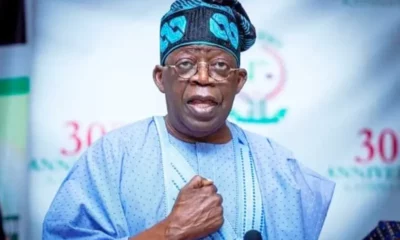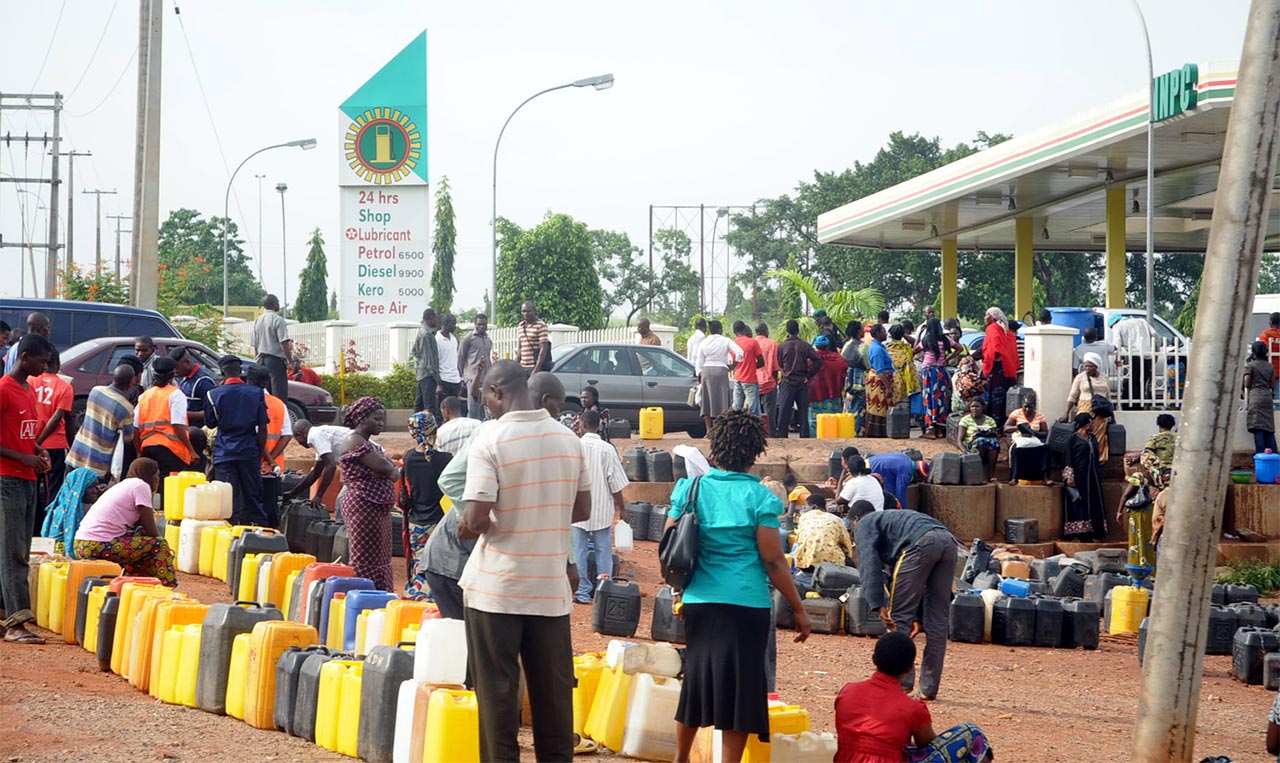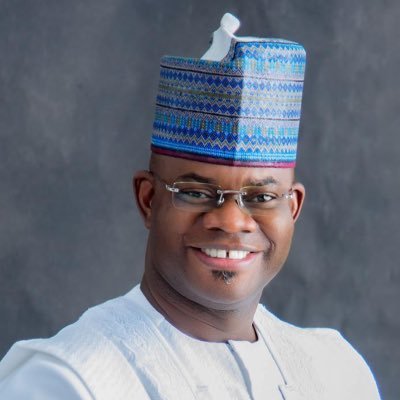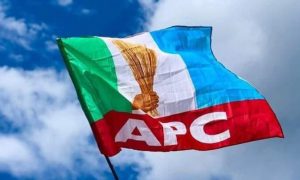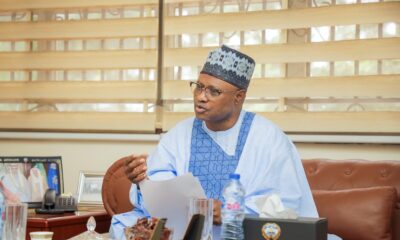Latest News
Why Lagos, Rivers, two others are only viable states in Nigeria —Report

A report released Wednesday, by a budget- tracking organisation, BudgIT, has revealed Lagos, Rivers, Akwa Ibom and Kano are the only economically viable states in Nigeria.
In the report titled: “State of States”, BudgITsaid the 32 other states depend on federal allocations to survive.
The presentation of the report took place in Abuja and was attended by representatives of governors of Kaduna and Ekiti states.
Kaduna State Governor, Nasir El-Rufai, was represented by his Chief of Staff, Mohammed Sani, while the Ekiti State Governor, Dr. Kayode Fayemi, sent his Special Adviser on Investment, Trade and Innovations, Akintunde Oyebode.
The report which was presented by the Research and Policy Analysis Lead, BudgIT, Ojiugo Uche, said economies of states are mostly tied to informal trade and skeletal industrial output with the exception of Lagos, Rivers, Delta, Ogun, and Akwa Ibom.
The report reads: “Of a truth, most Nigerian states have still not figured out how to harness their collective strengths and establish a single focus on investment products, thereby becoming the fulcrum of productivity and not just FAAC distribution centres.
“In 2019 report, we made mild changes to our methodology, thereby using actual expenditure for the state, reducing the probability of the unreality of inflated budgeted figures especially for expenditure items.
BudgIT worked with the state government on accessing the audited reports for the 36 states in Nigeria. We are working to ensure that our fiscal index is more governed by reality than budget figures by states.
“In this report, Lagos leads the fiscal sustainability index, followed by Rivers, Akwa Ibom and Kano States. Access to audited statements brought out some facts on the true state of recurrent expenditure in focus states. We discovered states, such as Delta, are running huge recurrent expenditure reaching N200 billion. Bayelsa, despite its size and population, has a high recurrent bill of N137 billion, compared to Ebonyi with recurrent bill of N30 billion, Sokoto (N38 billion), Jigawa (N43 billion), Yobe (N35 billion), etc. It is a recurring theme to see states in South-South Nigeria running high recurrent bills, mainly driven by the high revenues earned due to the 13 percent derivation.
“In our analysis, it was also interesting to see states like Cross River with a bogus budget of N1.04 trillion spend less than N93 billion on an annual basis which brings them up the rank as well as Imo with its recurrent spending of N43 billion. However, we notice that Kogi lag behind due to its huge recurrent bill as at 2017, when it was still paying salaries for workers and also had repayment bills for loans.
“While we would have liked to use the 2018 audited statements for the report, less than 15 states have published the document making it largely unrepresentative for the states. We are not unmindful that the 2017 audited statement might include huge recurrent bills due to the payment of backlog of salaries sourced from the Paris Club refund. However, this is a trend that we intend to observe as we continue the issuance of the State of States Report.”
The Principal Lead, BudgIT, Gabriel Okeowo, said 92 percent of states heavily depended on monthly federal allocation, hence not viable as no investments in critical sectorswere available to develop human capacity and for citizens’ welfare.


